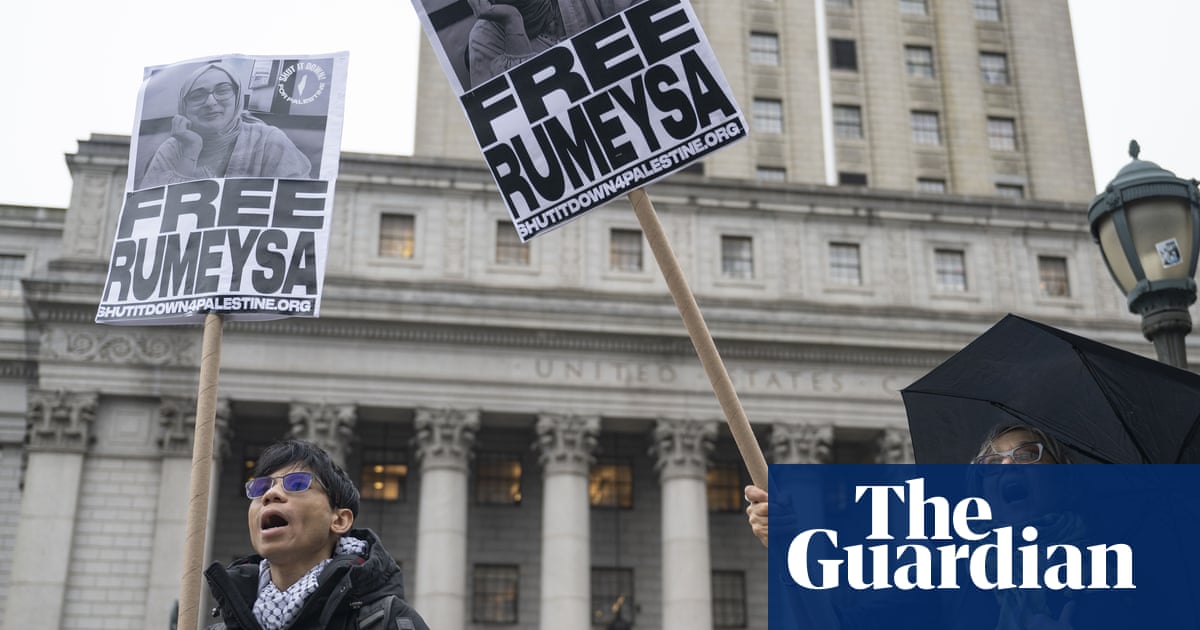Modern slavery victims are choosing to stay with their exploiters rather than access government support designed to protect them for fear of immigration enforcement, research has found.
The independent anti-slavery commissioner, Eleanor Lyons, said the system was “deeply broken”.
Two pieces of research shared exclusively with the Guardian found that, a decade after the introduction of the Modern Slavery Act, the landmark piece of legislation designed to protect trafficking victims and apprehend their perpetrators was failing.
The first study, from Nottingham University’s Rights Lab and commissioned by Lyons’ office, will be published next Wednesday.
The report, titled Refusal to Consent, found refusals to access help from the government’s support system for trafficking victims, were at record levels.
Potential victims who come into contact with the authorities but do not want to use the National Referral Mechanism (NRM) are recorded in statistics known as duty to notify. These reports have soared by more than 630% since 2016 – from 762 in 2016 to 5,598 in 2024 – a sign victims are losing trust in the system.
Fear of deportation is the primary reason victims are rejecting support, according to the report, which questioned professionals working with victims and analysed government and academic data.
Many victims believe the NRM is a trap that leads to immigration enforcement rather than protection. Hostile immigration policies and inflammatory language from the government is scaring victims away from the systems supposed to protect them, it found.
Some traffickers use government rhetoric about the hostile environment and the threat of deportation to keep their victims in a position of exploitation, according to the research.
Government return agreements with Albania and Vietnam, which have high numbers of trafficking victims, have increased fear of coming forward among victims from those countries. In 2024 victims of trafficking were among people being issued with notices of intent that they were going to be forcibly removed to Rwanda.
The second report, Barriers to Prosecutions and Convictions under the Modern Slavery Act 2015, is from the Modern Slavery and Human Rights Policy and Evidence Centre at the University of Oxford. It commissioned research from the Wilberforce Institute at the University of Hull, which analysed prosecution data since the act was introduced and found it remained low, with prosecutions as a percentage of potential trafficking victims referred to the NRM at just 1.8%.
Between July 2023 and June 2024 17,120 potential modern slavery victims were referred to the NRM while over the same period 58 people in England and Wales were convicted of offences linked to modern slavery.
Alicia Heys, an academic at the University of Hull who authored the study for the PEC, said: “Part of the intention behind the Modern Slavery Act was to ensure that perpetrators receive suitably severe punishments, yet 10 years after the introduction of the act, conviction rates remain low. Sometimes, offenders are pursued under different legislation, for example relating to drugs or controlling prostitution, which misrepresents survivors’ experiences.”
Lyons said: “It’s heartbreaking but not surprising that more and more potential victims of modern slavery are saying no to help.
“When fear of deportation outweighs the promise of protection, when there are few consequences for criminal perpetrators and people feel safer staying in exploitation than entering the system that’s meant to help them, something is deeply broken.
“This report is a wake-up call: the national referral mechanism, the government’s framework of support, isn’t just misunderstood, it’s mistrusted, mishandled, and in urgent need of reform.”
The Home Office has been approached for comment.

 8 hours ago
6
8 hours ago
6













































